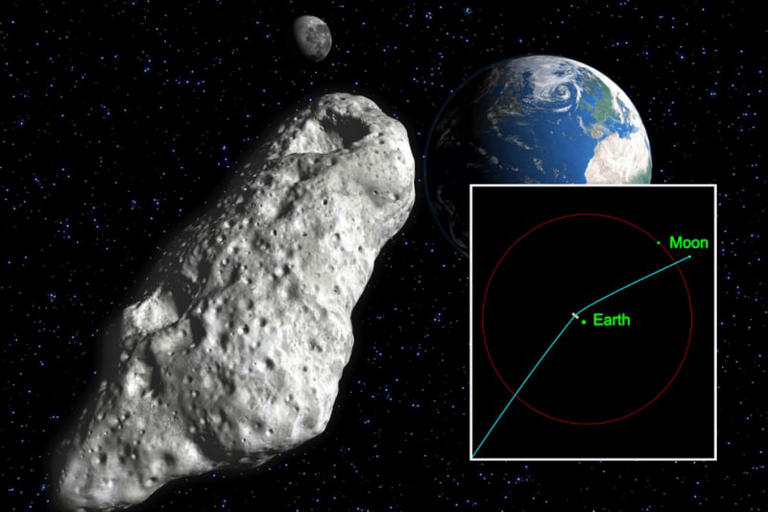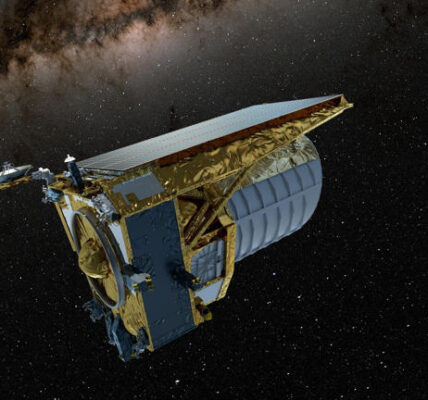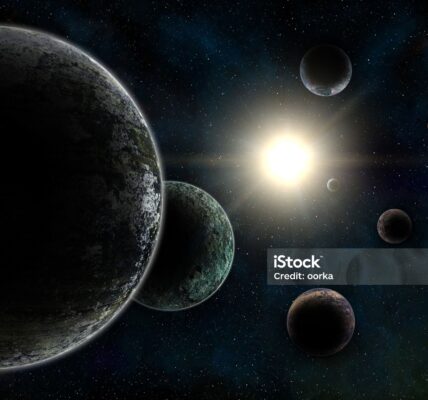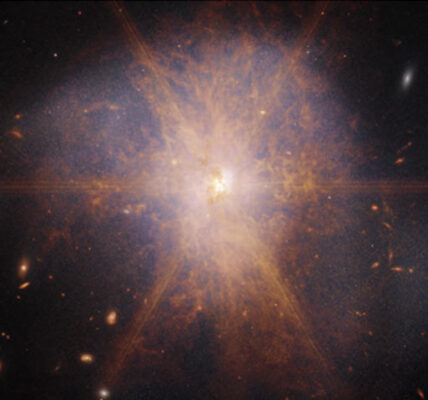AI Space Exploration: A New Era of Cosmic Discovery
AI Space Exploration is revolutionizing the way we explore the cosmos. With its ability to process vast amounts of data and make complex decisions, AI is unlocking new frontiers in space exploration. One such example is the Hera Space Companion, an AI-powered assistant that communicates with the European Space Agency’s (ESA) Hera spacecraft.

© Other
A New Era of Space Exploration
The Hera mission is part of a planetary defense project aimed at assessing our ability to protect Earth from asteroid impacts. The Hera Space Companion, developed by Microsoft, allows users to engage directly with the spacecraft, follow its journey in real-time, and gain unique insights into the mission.
AI-Powered Space Exploration
By connecting spacecraft data directly to Microsoft Azure, the Hera Space Companion enables a seamless interaction between humans and machines. This groundbreaking technology allows users to ask questions about the spacecraft’s current location, its trajectory, and even its emotional state, much like interacting with a fellow explorer.
The Future of Space Exploration
The AI-powered Hera Space Companion represents a significant leap forward in space exploration. It demonstrates how AI can enhance our understanding of the universe and make space missions more accessible to the public. As AI technology continues to advance, we can expect even more innovative applications in space exploration, from autonomous spacecraft to intelligent planetary rovers.
The Benefits of AI in Space Exploration
AI offers numerous advantages in space exploration, including:
- Enhanced data analysis: AI can quickly process and analyze vast amounts of data from space missions, leading to new discoveries and insights.
- Improved decision-making: AI algorithms can make complex decisions in real-time, enabling spacecraft to adapt to changing conditions and mission objectives.
- Increased efficiency: AI can automate routine tasks, freeing up human resources for more critical activities.
- Enhanced safety: AI can identify potential hazards and risks, helping to ensure the safety of astronauts and spacecraft.
The Challenges of AI in Space Exploration
While AI offers significant benefits, there are also challenges associated with its use in space exploration, such as:
- Reliability: AI systems must be highly reliable and fault-tolerant to operate in the harsh conditions of space.
- Ethical considerations: AI raises ethical questions regarding autonomy, accountability, and the potential for unintended consequences.
- Cybersecurity: Protecting AI systems from cyberattacks is crucial to ensure the security of space missions.
The Future of AI and Space Exploration
Despite these challenges, the future of AI in space exploration is bright. By harnessing the power of AI, we can unlock the secrets of the universe and pave the way for a future of interplanetary exploration.
Related:
NASA Mars Exploration: 8 Signs of Ancient Martian Civilization


